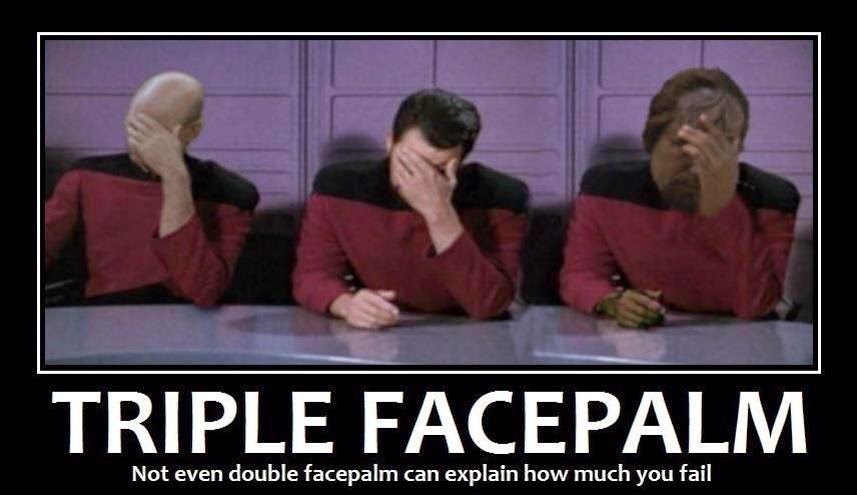WOW, Rhema, you LIE, yet again. You added your own word "(Copy)" to the posted source, making it appear that the KJB was "copyright."
The website is
British, bNf, (BRITISH) and by "RIGHTS" copyright is presumed. The Crown still holds the copyright to the KJV in the UK, and always has. European and American laws are different as is British law. I guess you really do need this explained to you.
But your claim that the KJV was never copyrighted is patently absurd.
I have in my hand The Holy Bible, the actual title of the King James Bible. Neither on its indicia page, nor elsewhere, is the word “copyright” found. It is in the public domain.
Which year? Published in which country? As of 2024, in the US, neither the word copyright nor it's associated symbol is required to be put on all copyrighted materials. The copyright is presumed. You'll never see "copyright" on any Picasso painting or Andy Warhol work (or even my own art). And as another example, you'll never see the word copyright or the symbol (c) on the 1972 Yes album "Close to the Edge." You will see a (P) mark, though. That's because Yes (owned back then by Chris Squire) holds the copyright to the music, but Atlantic Records owned the Publishing & Distribution rights of that specific album.
I'm sorry if things are a bit too complicated for you to understand.
It is in the public domain.
Perhaps in the US. Not the UK. I haven't had time to consult my legal team. I own numerous US copyrights and one functional patent.
But your claim was that the KJV was never under copyright, and that's just plain wrong. But I know that people with NPD just cannot admit their mistakes.
Bouvier's Dictionary of Law, 1856.
That? You're going to use an 1856 Law dictionary to explain British law from 1611?
The first copyright privilege in England bears date 1518 and was issued to Richard Pynson, King's Printer, the successor to William Caxton.
The practice was continued until the Statute of Monopolies was enacted in 1623, ending most monopolies, with certain exceptions, such as patents; after 1623, grants of letters patent to publishers became common.
As the "menace" of printing spread, governments established centralized control mechanisms, and in 1557 the English Crown thought to stem the flow of seditious and heretical books by chartering the Stationers' Company. The right to print was limited to the members of that guild, and thirty years later the Star Chamber was chartered to curtail the "greate enormities and abuses" of "dyvers contentyous and disorderlye persons professinge the arte or mystere of pryntinge or selling of books." The right to print was restricted to two universities and to the 21 existing printers in the city of London, which had 53 printing presses.
As the English took control of type founding in 1637, printers fled to the Netherlands. Confrontation with authority made printers radical and rebellious, and 800 authors, printers and book dealers were incarcerated in the Bastille before it was stormed in 1789
In England the printers, known as stationers, formed a collective organisation, known as the Stationers' Company. In the 16th century, the Stationers' Company was given the power to require all lawfully printed books to be entered into its register. Only members of the Stationers' Company could enter books into the register. This meant that the Stationers' Company achieved a dominant position over publishing in 17th-century England
(For the feeble minded, "reproduction" means "copying.")
King James Version
Rights in The Authorized Version of the Bible (King James Bible) in the United Kingdom are vested in the Crown and administered by the Crown’s patentee, Cambridge University Press. The reproduction by any means of the text of the King James Version is permitted to a maximum of five hundred (500) verses for liturgical and non-commercial educational use, provided that the verses quoted neither amount to a complete book of the Bible nor represent 25 per cent or more of the total text of the work in which they are quoted, subject to the following acknowledgement being included:
Scripture quotations from The Authorized (King James) Version. Rights in the Authorized Version in the United Kingdom are vested in the Crown. Reproduced by permission of the Crown’s patentee, Cambridge University Press
When quotations from the KJV text are used in materials not being made available for sale, such as church bulletins, orders of service, posters, presentation materials, or similar media, a complete copyright notice is not required but the initials KJV must appear at the end of the quotation.
Rights or permission requests (including but not limited to reproduction in commercial publications) that exceed the above guidelines must be directed to the Permissions Department, Cambridge University Press, University Printing House, Shaftesbury Road, Cambridge CB2 8BS, UK (
https://www.cambridge.org/about-us/rights-permissions) and approved in writing.
FROM-
And I've not asked my legal department if the US has any current treaty with the UK that would extend the power of the Crown patentee to the States.
Here's a shovel for you to keep digging....
It's fun watching the mess you make, but I gotta go do something worthwhile.

